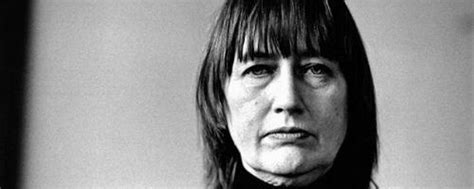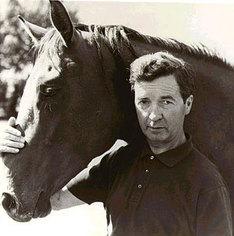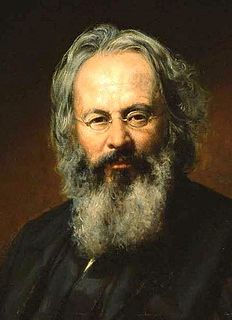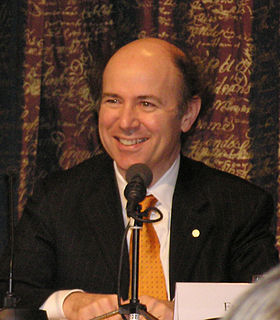A Quote by Susan Howatch
It was tremendously exciting to discover that science was not destroying religion, as people popularly believe, but that it could cast light on theism and Christianity.
Quote Topics
Related Quotes
Theism, as a way of conceiving God, has become demonstrably inadequate, and the God of theism not only is dying but is probably not revivable. If the religion of the future depends on keeping alive the definitions of theism, then the human phenomenon that we call religion will have come to an end. If Christianity depends on a theistic definition of God, then we must face the fact that we are watching this noble religious system enter the rigor mortis of its own death throes.
The progress of science is tremendously disorderly, and the motivations that lead to this progress are tremendously varied, and the reasons why scientists go into science, the personal motivations, are tremendously varied. I have said ... that science is a haven for freaks, that people go into science because they are misfits, and that it is a sheltered place where they can spin their own yarn and have recognition, be tolerated and happy, and have approval for it.
However the great successes of science - Galileo's telescopic observations, Newton's law of gravity, etc - all of this great success caused people to sort of say, what if we could establish religion on that same successful basis? What if we could have a good rational foundation for religious belief. What if religion could be sort of like science. Of course, that can't be.
The great object was to get rid of Christianity, and to convert our churches into halls of science. The plan was not to make open attacks on religion, although we might the clergy and bring them into contempt where we could: but to establish a system of state - we said national - schools, from which all religion was to be excluded.



































